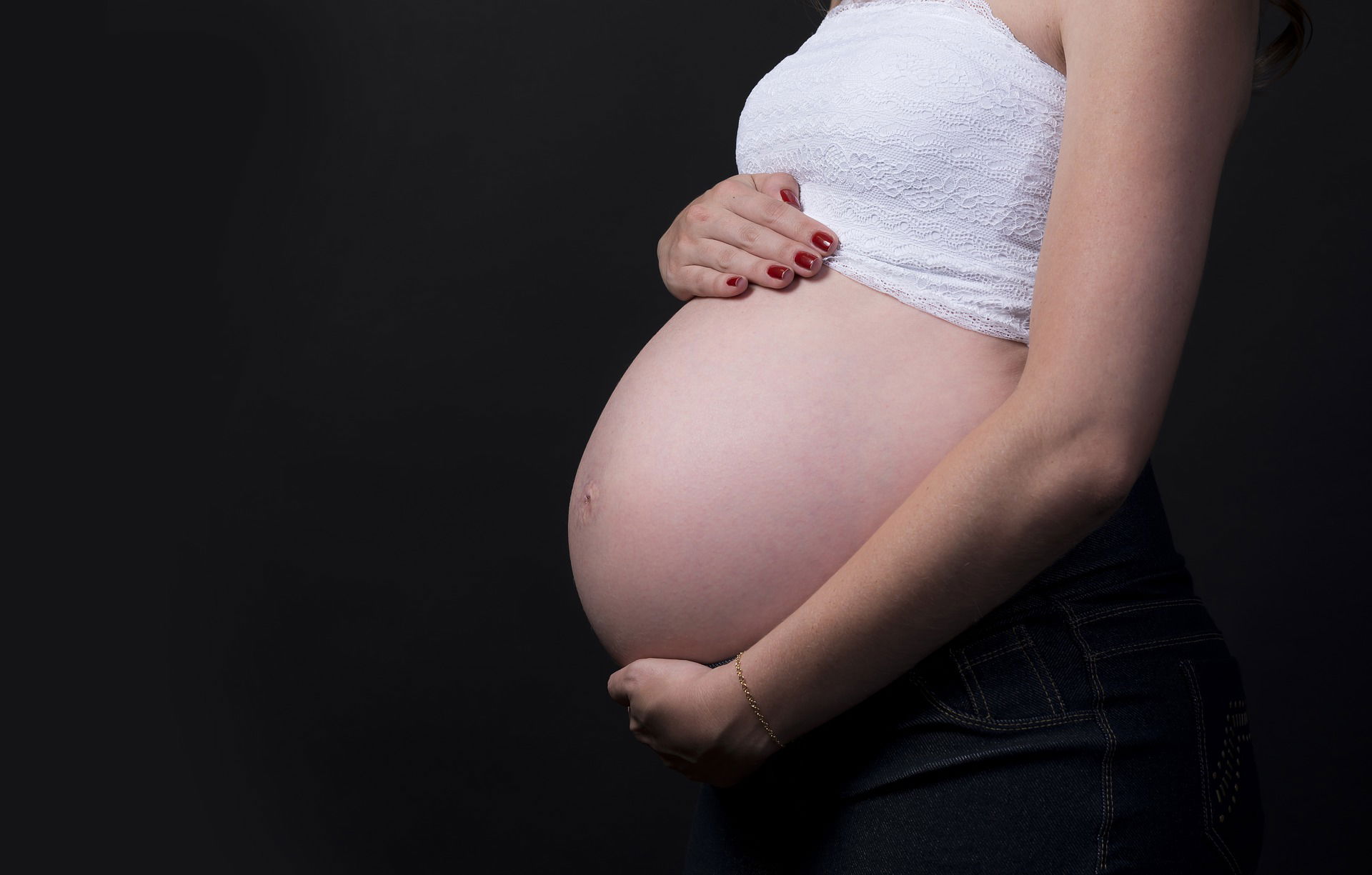High Risk Obstetrics

High-Risk Pregnancy
Introduction
All pregnancies have some degree of risk, but high-risk pregnancies carry more risks to the mother and developing baby. A pregnancy may be termed high-risk if you have a medical condition or if you develop one during pregnancy. All pregnancies in women over the age of 35 are classified as high-risk. With careful medical monitoring and management, most women with high-risk pregnancy deliver healthy babies. It is very important to follow your doctor’s instructions and attend all of your appointments.
Pre-existing medical conditions that constitute a high-risk pregnancy include heart disease, high blood pressure, kidney problems, autoimmune disorders, diabetes, cancer, substance abuse, sexually transmitted diseases, and HIV or AIDS. Gestational diabetes, preeclampsia, eclampsia, or preterm labor, conditions that may develop during pregnancy can make a pregnancy high-risk.
Treatment
It is recommended that all women that are considering becoming pregnant visit their doctor for a pre-pregnancy healthcare check-up. Otherwise, women should contact their doctor’s as soon as they suspect they are pregnant. Receiving prenatal care is especially important for women with high-risk pregnancies. Depending on your condition, your obstetrician or gynecologist may refer you to a high-risk maternal and fetal medicine specialist.
Your doctor will assess your overall health. Your doctor will recommend prenatal vitamins, including folic acid. Your doctor will determine an appointment schedule to closely monitor your pregnancy.
Women with high-risk pregnancy may receive more ultrasounds, tests, and office visits than women without high-risk pregnancy do. This allows your doctor to evaluate and treat complications promptly. In some cases, women with high-risk pregnancy may need to have a C-section or be induced for labor.